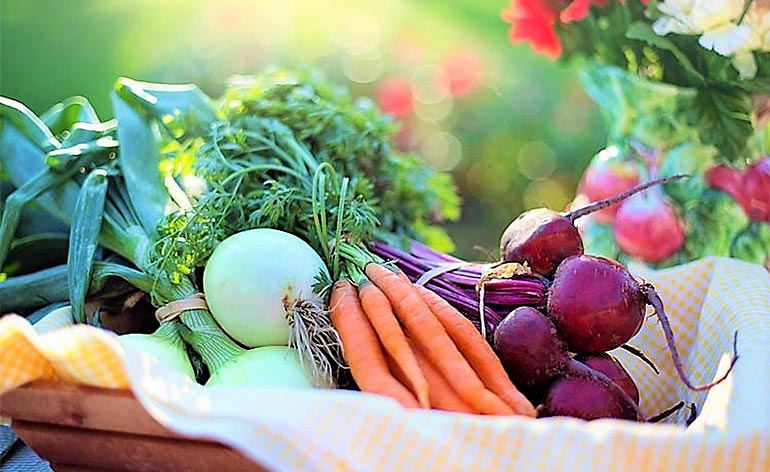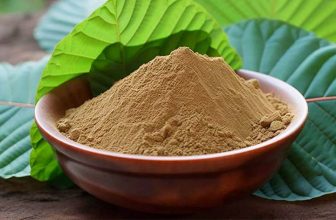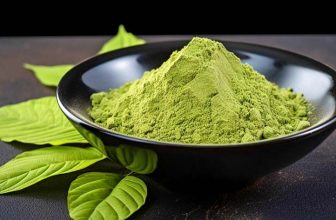
Want a healthy gut? Increase your fibre! Fibre is something the body needs but never actually digests – in fact, it remains in pretty much the same state as on your plate! Dietary fibre has many health benefits, reducing your risk of heart disease, diabetes and some cancers, helping with weight control as well as your everyday bodily functions. You might be asking yourself realistically if it costs much to maintain such a diet; in short the answer is no! Read on for our Top 5 Super Cheap High-Fibre Vegetables!
Skipping out on a daily dose of fibre can often lead to constipation, too little can also make it difficult to control your blood sugar and appetite, because fibre regulates the speed of digestion and contributes to feeling full. However, eating too much fibre can move food through the intestines too quickly, with fewer minerals being absorbed. Fibre comes in two varieties, soluble and insoluble. Soluble fibre turns to gel in the stomach and slows digestion, helping lower cholesterol and blood glucose. Insoluble fibre remains unchanged and aids the intestines to work more efficiently. Aim to consume between 25g – 35g per day.
1. Potatoes
Whether mashed, baked, roasted or chipped, people consider potatoes as comfort food. It’s an important food staple and the fourth most important vegetable crop in the world. Potatoes come in all shapes, sizes and colours, but all are full of potassium, vitamin C and fibre. One medium baked potato will provide you with about 4g of fibre. If you prefer sweet potatoes, then opting for a medium-sized one will give you about the same of your daily recommended fibre intake.
2. Peas
Peas provide an endless amount of goodness, Vitamins K, B1, B2 and C, copper, fibre, iron and potassium to name a few. A 100g serving of green peas will give you approximately 4.9g of fibre. If you opt for the spring vegetable fresh version, then you’ll yield a bit more fibre.
3. Brussels sprouts
‘Tis nearly the season for the traditional Christmas-dinner vegetable, which you either love or hate, over-boiled and covered in gravy! Brussels sprouts are cheap, and high in fibre with a single raw sprout containing 8 calories, giving you around 0.7g of dietary fibre. A cup of cooked Brussels sprouts, will supply you with 56 calories and around 4g of fibre.
4. Carrots
The child-friendly vegetable that will not only help you see in the dark but also help you maintain a healthy gut. A 100g serving of chopped raw carrots will give you 3g of fibre and a whole host of minerals to go with it!
5. Parsnips
Originating from the root family, parsnips are high in Vitamin C, potassium and folate as well as the important soluble fibre. Delicious roasted, steamed, boiled or stir-fried, 100g of parsnips will yield you 5g of fibre.















